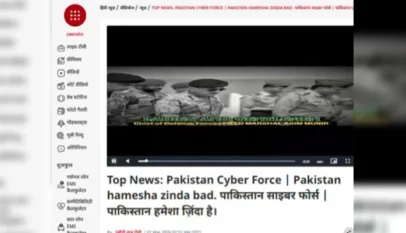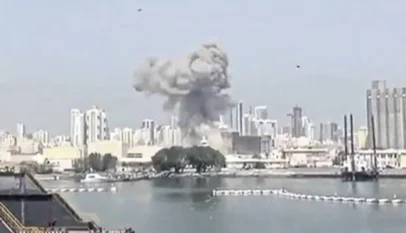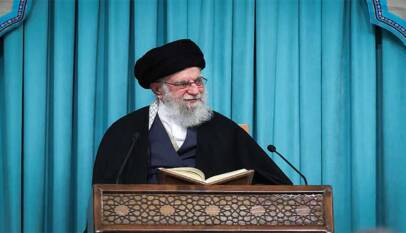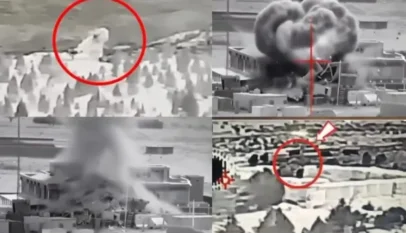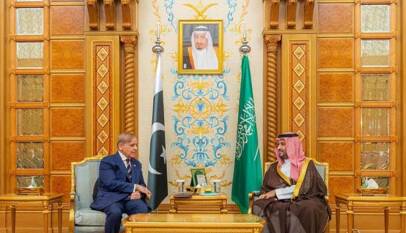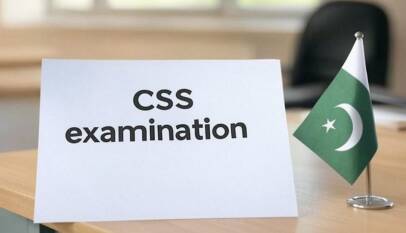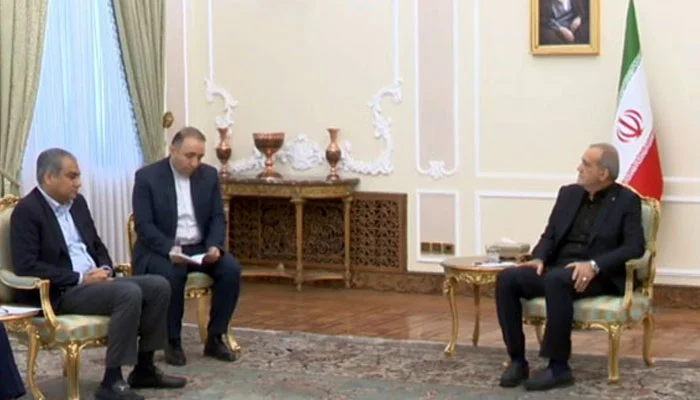
During a meeting with Pakistan’s Interior Minister Mohsin Naqvi, Iranian President Masoud Pezeshkian emphasized the importance of strengthening bilateral ties and warned of Israel’s attempts to create divisions among Muslim nations.
President Pezeshkian expressed gratitude for Pakistan’s support during the recent 12-day conflict between Iran and Israel, stating that Iran highly values its relationship with Islamabad. “We will never forget Pakistan’s support,” he said, underscoring the need for “inevitable unity and harmony” among Islamic countries in the face of external threats.
Highlighting the need for enhanced diplomatic exchanges and constructive dialogue, Pezeshkian voiced satisfaction with the current state of Iran-Pakistan relations and stressed the potential for deeper cooperation between the neighboring nations.
In response, Minister Naqvi congratulated President Pezeshkian on what he called a “great victory” and reaffirmed Pakistan’s consistent support for Iran during the conflict. He noted that Pakistan’s parliament was the first to pass a resolution condemning the Israeli strikes and backing Iran’s legitimate right to self-defence. “Islamabad strongly condemned the aggression against Tehran at every international forum,” Naqvi said.
Background: Iran-Israel Conflict
The meeting comes in the wake of a 12-day armed conflict between Iran and Israel that began on June 13, following Israeli airstrikes on Iranian military, nuclear, and civilian targets. According to Iran’s Health Ministry, the attacks resulted in at least 606 deaths and 5,332 injuries.
In retaliation, Iran launched missile and drone strikes on Israeli territory, reportedly killing at least 29 people and injuring over 3,400, as per data from the Hebrew University of Jerusalem.
The conflict escalated further when the United States bombed several Iranian nuclear facilities, claiming the strikes had successfully destroyed critical infrastructure of Iran’s nuclear program. The hostilities concluded with a U.S.-brokered ceasefire that came into effect on June 24.
Nuclear Cooperation with IAEA
On the nuclear front, Iran announced that its engagement with the International Atomic Energy Agency (IAEA) “will take on a new form.” While cooperation has not ceased entirely, Tehran has formally ended traditional collaboration with the UN nuclear watchdog as of early July.
Iran has partially blamed the IAEA for the June attacks on its nuclear facilities, alleging that intelligence leaks may have contributed to the strikes. Israel, meanwhile, has maintained that its operations were intended to prevent Iran from acquiring a nuclear weapon — a claim Tehran continues to deny, insisting its nuclear program is strictly peaceful.
Source: Web Desk
Indian News channel hacked, pro-Pakistan content broadcast briefly
(Web Desk) — Indian television channel ABP News was temporarily disrupted after hack…

